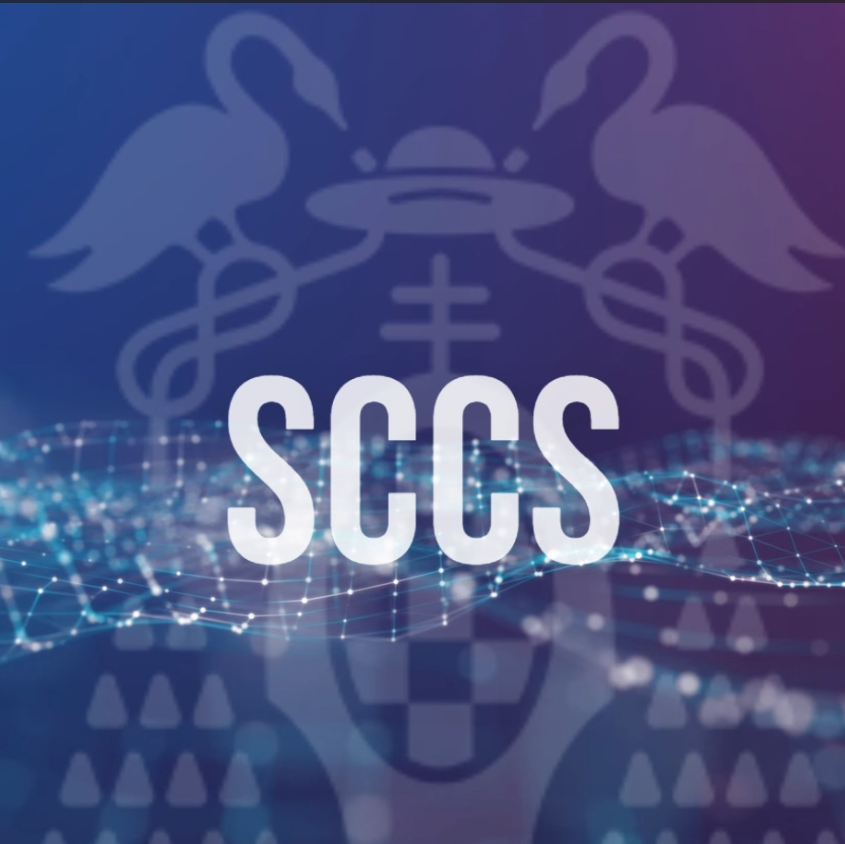In today’s interconnected and rapidly changing world, traditional linear marketing models are increasingly insufficient. Here, we explore the burgeoning field of complexity science as applied to marketing, offering cutting-edge insights and tools that embrace the intricate dynamics of consumer behavior, market trends, and digital ecosystems.
What is Complexity in Marketing? Complexity in marketing recognizes that consumer behaviors, market dynamics, and digital interactions are not merely complicated but inherently complex. This perspective acknowledges the unpredictable, nonlinear, and interdependent nature of markets, driven by a multitude of variables and their interactions (Alonso et al. 2021).
The Power of Complexity Tools in Marketing
- Fuzzy Cognitive Maps (FCMs): FCMs enable marketers to model and navigate the often ambiguous and uncertain consumer decision-making process. By visualizing and analyzing the causal relationships between various factors, FCMs provide a dynamic way to predict how changes in one aspect of the market might ripple through the entire system (Alonso et al. 2021).
- Network Analysis: Understanding the complex web of interactions between consumers, products, and market influencers is crucial. Network analysis offers a framework for dissecting these intricate relationships, identifying key influencers, and understanding the flow of information and trends through consumer networks.
- Partial Least Squares (PLS): PLS is a statistical method used to model complex relationships, particularly useful in scenarios with many interrelated variables. In marketing, PLS helps in understanding how various elements like brand image, customer satisfaction, and loyalty interact to affect consumer decisions (Alonso et al. 2022).
- Geographic Information Systems (GIS): GIS in marketing is about spatial analysis and visualization. It enables businesses to geographically map consumer behaviors, market trends, and demographic data, offering valuable insights into location-based marketing strategies and consumer segmentation.
- Agent-Based Models (ABM): ABM simulates individual behaviors within a market, allowing marketers to observe emergent patterns and outcomes from the bottom up. This tool is particularly potent for forecasting market trends, assessing the impact of marketing strategies, and understanding the emergent behavior of consumers in digital environments.
Potential of Complexity in Marketing
- Predictive Analytics: With complexity tools, marketing strategies become more predictive, allowing businesses to anticipate market changes and consumer responses more accurately.
- Dynamic Strategy Formulation: These tools support dynamic and adaptive marketing strategies that evolve in real-time, responding to the ever-changing market landscape.
- Enhanced Consumer Insights: By embracing complexity, marketers gain deeper insights into consumer behaviors and preferences, enabling more targeted and effective campaigns.
- Innovation and Creativity: Complexity tools foster innovative thinking, helping marketers to ideate and execute creative strategies that resonate in a complex market.
The Future is Complex As we navigate an increasingly digital and interconnected world, the application of complexity science in marketing is not just innovative – it’s essential. By leveraging tools like FCMs, network analysis, PLS, GIS, and ABM, marketers can stay ahead of the curve, crafting strategies that are as dynamic and multifaceted as the markets they operate in. Join us in exploring this exciting frontier and redefine the way you approach marketing in the complexity era.
